Virtue is not knowing but doing.
Japanese proverb
You have plenty of reasons to travel to Japan. Some people go to learn Japanese and others to sample the best cuisine (sushi, ramen, yakitori…). And everyone wants to discover all of Japan’s beautiful temples and shrines. No matter your reason for putting Japan on your travel radar, you’ll likely visit some of the famous cities in Japan.
Here we break down Japan's biggest cities to help you plan your trip. We'll talk about everything, from how crowded they are to what you can find there. Make sure you have your Japan Rail Pass ready! All aboard for these and other destinations:
| 📍City | Population | Area | Known for |
|---|---|---|---|
| Tokyo | 14 187 176 | 2,194 km² | Japan's capital city most populous has a bit of everything |
| Yokohama | 3 820 144 | 437.4 km2 | Japan's second biggest city cultural, industrial, and economic centre |
| Osaka | 18 967 000 | 225.3 km² | fantastic food |
| Nagoya | 9 574 230 | 326 km² | cherry blossoms Castle |
| Sapporo | 2 668 628 | 1,121 km² | winter sports hot springs |
| Fukuoka | 5 478 076 | 343.4 km² | giant, reclining Buddha seaside activities |
| Kobe | 1 538 840 | 552.3 km² | beef Ikuta Shrine |
| Kawasaki | 1 420 329 | 144.4 km² | historical areas manga |
| Kyoto | 1 464 890 | 827.8 km² | historical areas World Heritage Sites |
| Saitama | 1 220 710 | 217.4 km² | Omiya Bonsai Village Sumo wrestling |

Tokyo
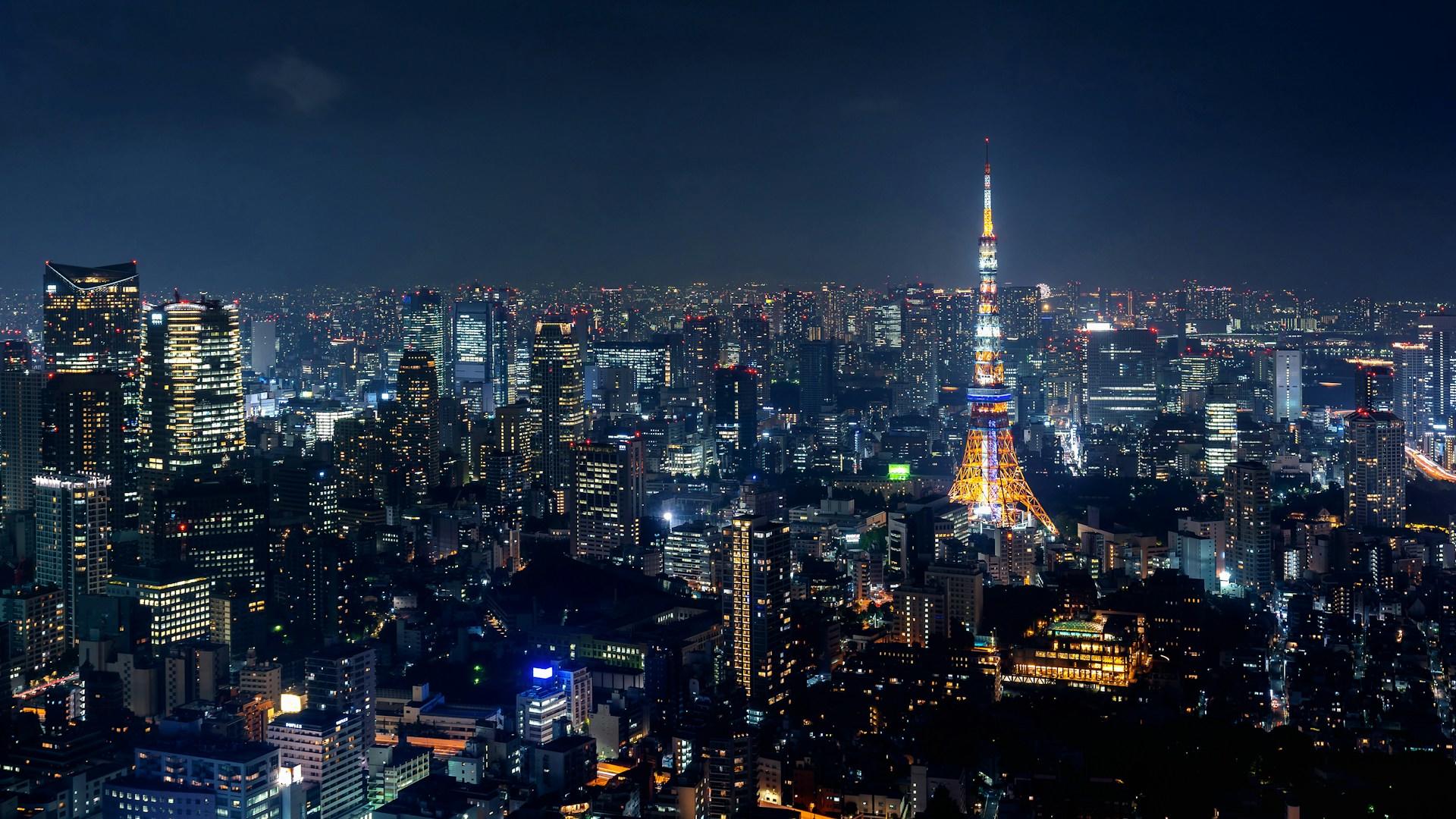
📍 Tokyo in numbers
- area: 2 194 km2
- metro area: 13 452 km2
- total population (2024): 14 187 176
- population density: 6 363 people/km2
⛲ Attractions
- Shiboya, the famous crosswalk
- Asakusa Japan's oldest temple
- Roppongi nightclubbing
- Tsukiji Outer Market
🏯 Monuments
- Sensoji Temple
- Hachiko Memorial Statue
- Shinjuku Godzilla Head
- Gotokuji Temple
- Akasaka Palace
Tokyo has much to offer in terms of sightseeing. There’s the Imperial Palace, and The Tokyo National Museum, which is the oldest and largest of four museums in the city. Don't forget the Ghibli Museum and Toyoshu Market is the world's largest fish market.
Yokohama
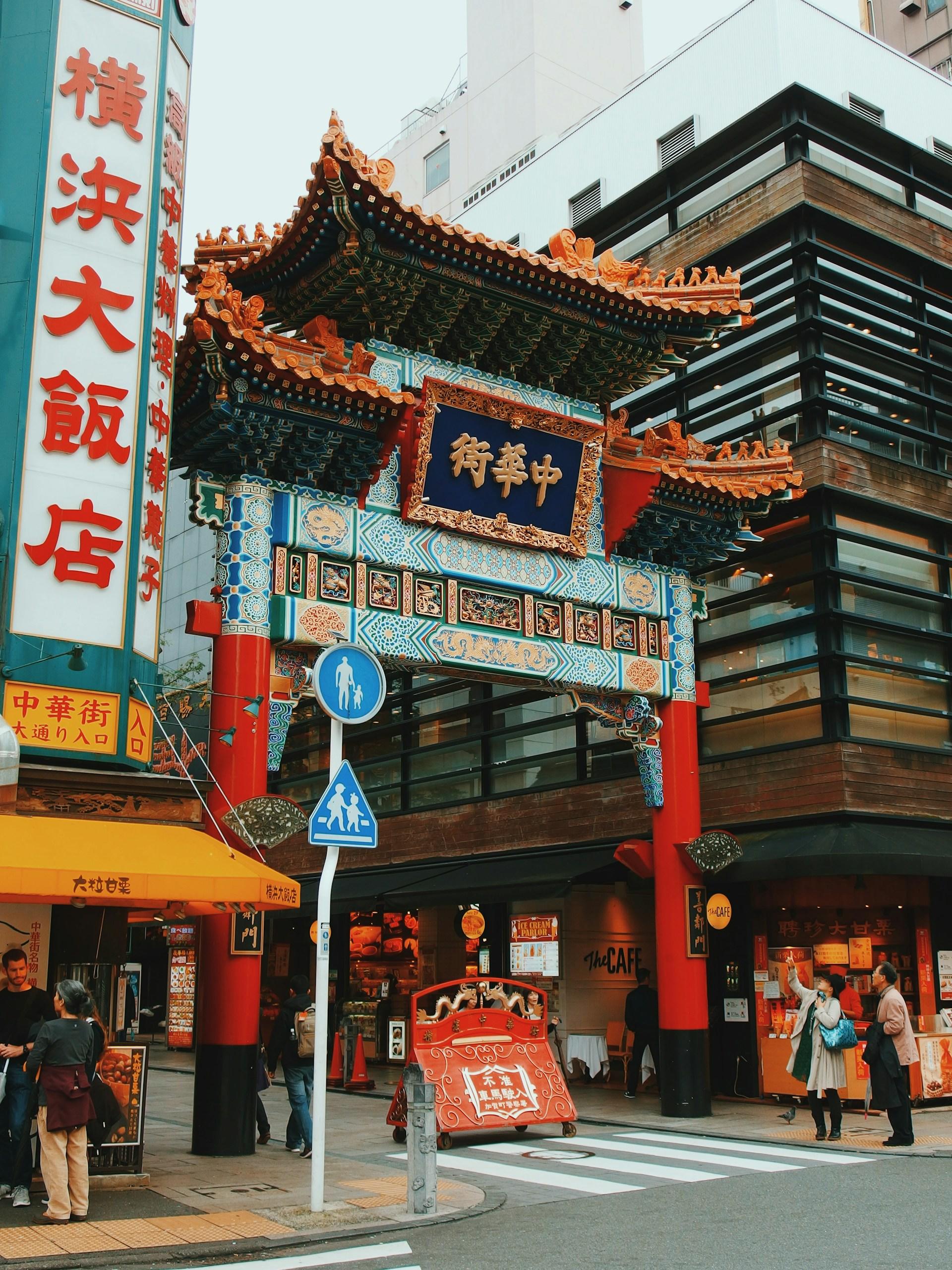
Yokohama is the second biggest city in Japan. It is Japan's cultural, commercial and economic hub. Still, tourists have lots to do here. Check out the Shinyokohama Ramen exhibit and the Kirin Beer Factory, and these attractions, too:
📍Yokohama numbers
- area: 437.38 km2
- total population: 3 820 144
- population density: 8 606 people/km2
⛲ Attractions
- Gumyōji
- the Hikawa Maru
- Kanazawa Bunko
- Yokohama Triennale
🏯 Monuments
- Landmark Tower
- Okakura Tenshin birthplace
- Kensho Shimooka memorial
- Denshin Sogyo No Chi
Osaka
Osaka used to be a merchant town. Even today, Osaka is Japan's economic hub.
If you love Japanese food, remember that takoyaki, okonomiyaki, and kushikatsu were invented in Osaka. You might also snack on kushikatsu as you stroll around Minami.
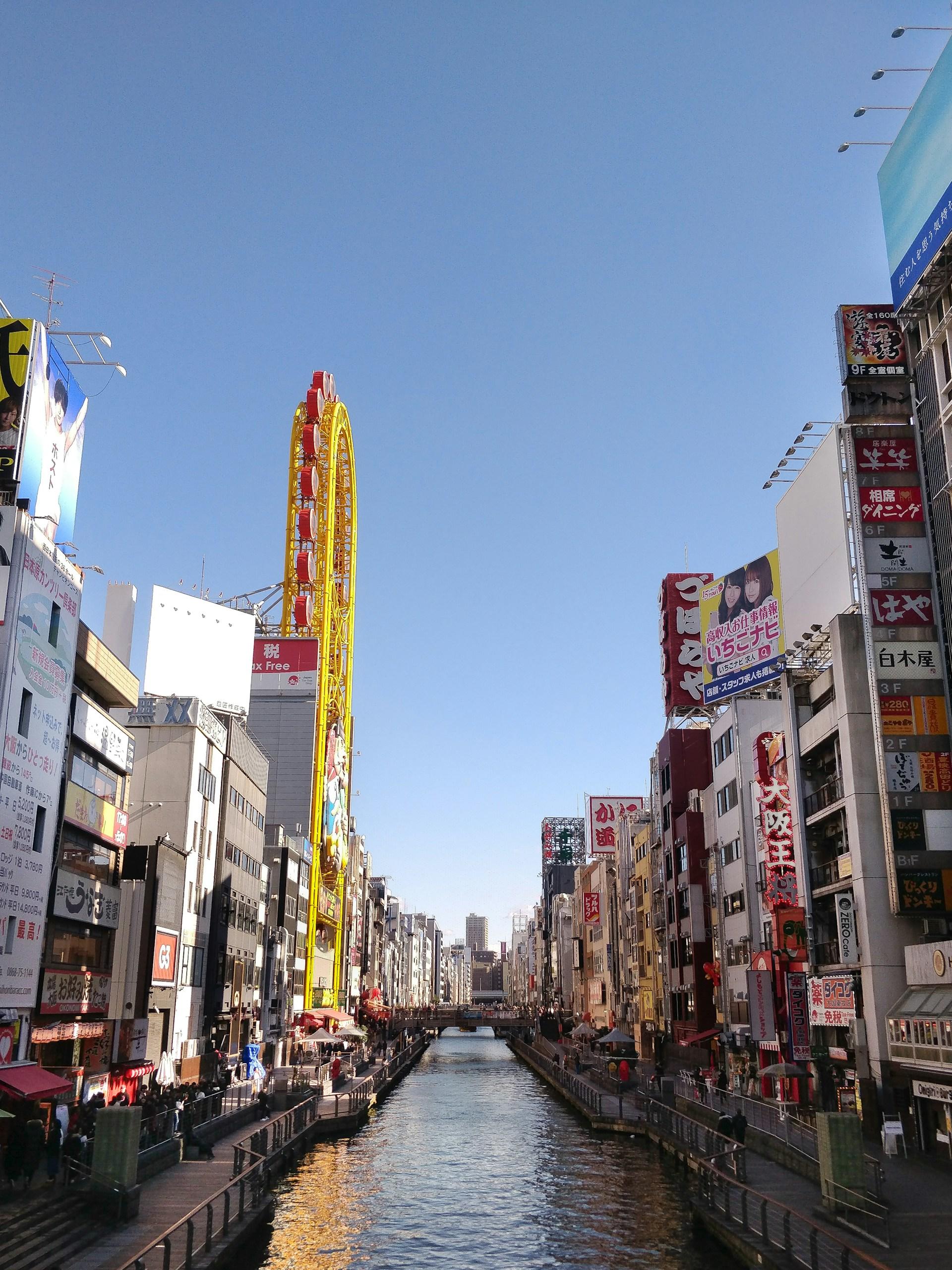
📍Osaka in numbers
- area: 225.21 km2
- population: 18 967 000
- population density: 12 214 people/km2
⛲ Attractions
- Castle Park
- Dotonbori
- Namba
- Kuromon Ichiba Market
🏯 Monuments
- Sumiyoshi-taisha shrine
- Kitamido
- Watanabenotsu
- Floating Garden Observatory
Nagoya
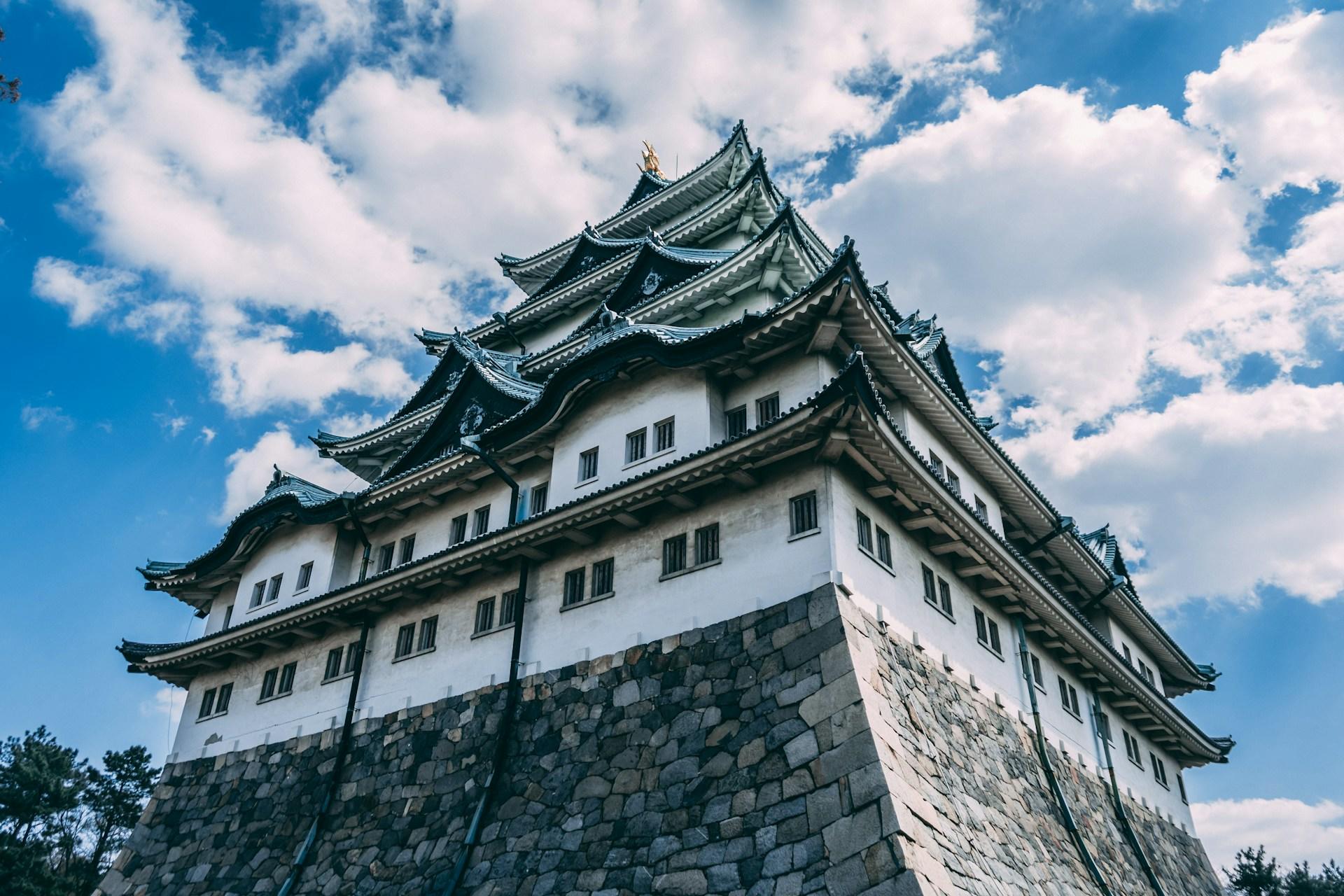
Situated between Tokyo and Kyoto, on the Pacific coast, in the Chubu area of Honshu, this metropolis also ranks among the major cities in Japan. It's famous for its cherry blossom trees, that line the path along the Yamazakigawa River.
📍Nagoya in numbers
- area: 326,45 km2
- total population: 9 574 230
- population density: 7 140 people/km2
⛲ Attractions
- Ghibli Park
- Kinshachi Yokocho
- Mirai Tower
- Osu Shotengai
🏯 Monuments
- Osu Kannon Temple
- Hisho Monument
- Kiyomasako Ishiriki
- Nagoya Castle
Sapporo
Sapporo is one of the youngest major cities in Japan, and it has some of the country's lowest temperatures.
It is one of the most popular cities in Japan for winter sports. After snowboarding, you can relax in an Onsen, the famous hot springs.
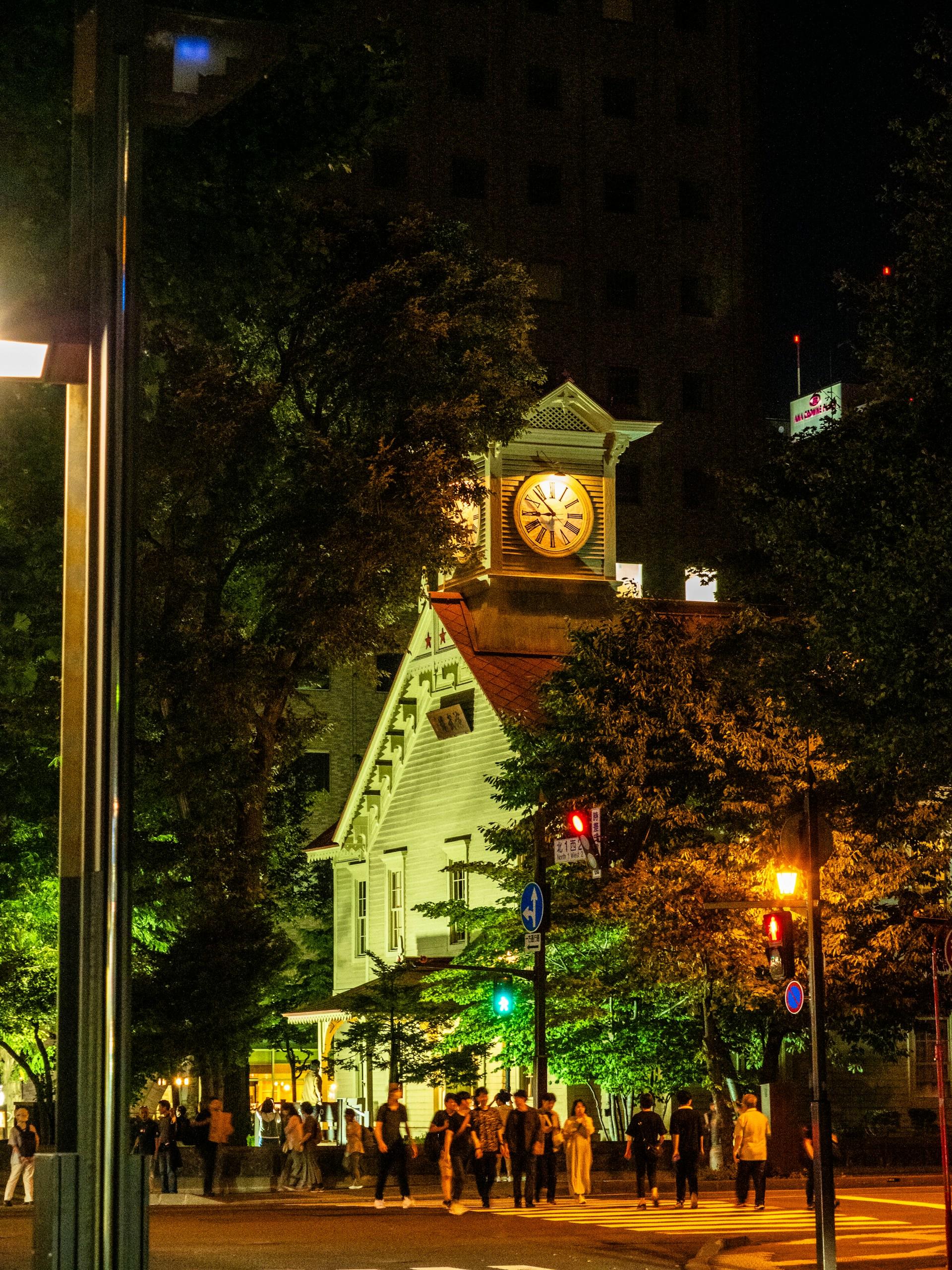
📍Sapporo in numbers
- area: 1 121 km2
- total population: 2 668 628
- population density: 1 700 people/km2
⛲ Attractions
- Odori Park
- Susukino
- Moiwa-yama
- Hohekiyo Onsen
🏯 Monuments
- Centennial Memorial Tower
- The Statue of Hope
- Nippanhamu Fighters Monument
- Shima Yoshitake Statue
Fukuoka
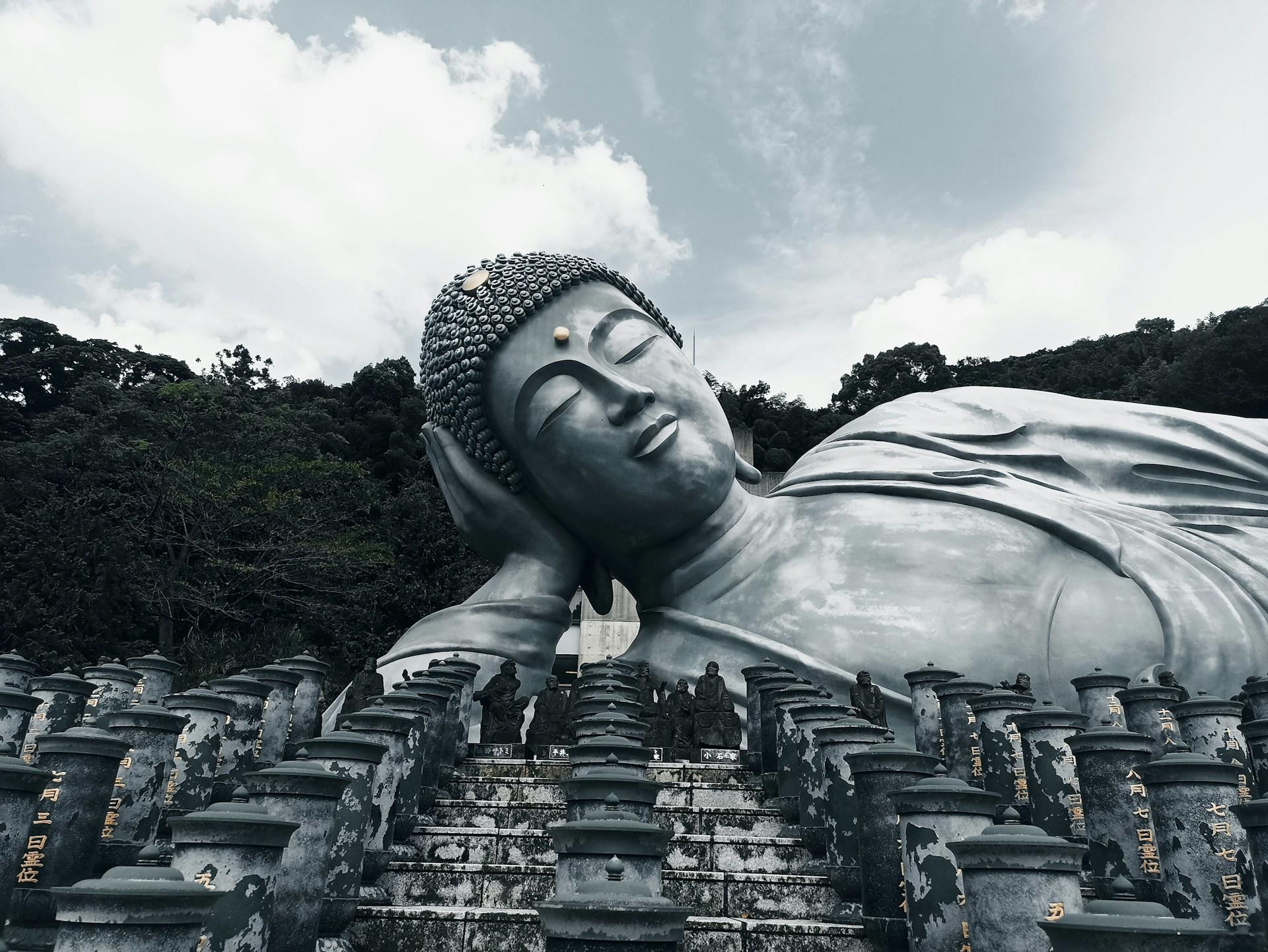
This is the only one of all the major cities in Japan located on the isle Kyushu. You can see cherry blossoms here too, especially at the Fukuoka Castle ruins. You won't learn about the Emperors of Japan, there, but you can on Superprof.
📍Fukuoka in numbers
- area: 343.39 km2
- total population: 5 478 076
- population density: 4 700 people/km2
⛲ Attractions
- Fukuoka Art Facility
- Seaside Momochi
- Uminonakamichi Seaside Park
- the yatai
🏯 Monuments
- Shofukuji Temple
- Fukuoka Castle
- War Damage Monument
- Genkō Bōrui

Kobe
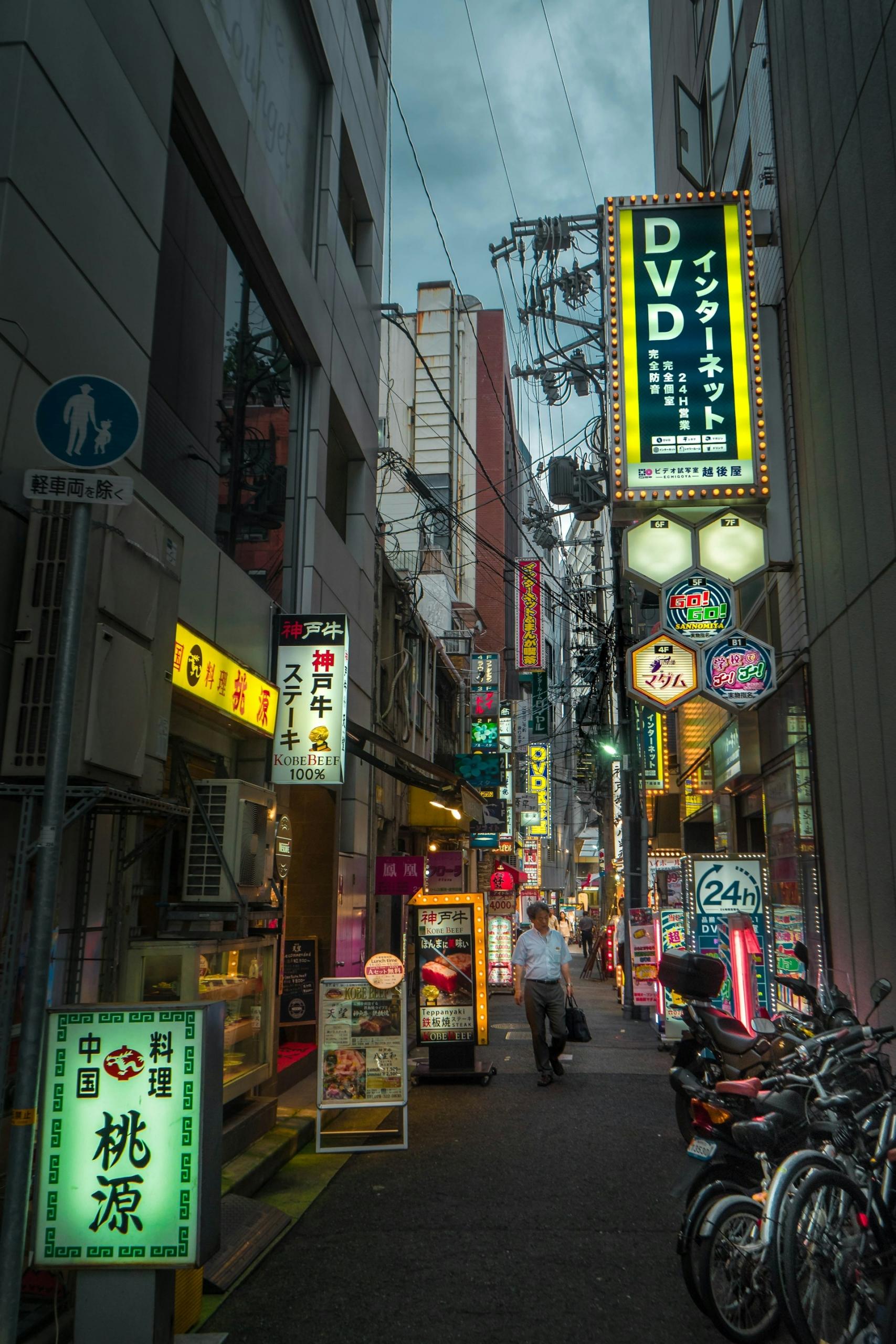
Kobe is legendary for its beef, but this city has much more to offer.
As one of Japan's oldest cities, you've many sites to see. The Ikuta Shrine, the Nagata Shrine and Taisan-ji, for example. Also, look for Hanakuma Castle, and stroll Shinkaichi Theatre Street.
📍Kobe in numbers
- area: 557.02 km2
- population: 1 538 840
- population density: 2 766 people/km2
⛲ Attractions
- Nada-gogō sake breweries
- Hyogo Prefectural Museum of Art
- Akashi Kaikyo Bridge
- Shin-Kobe Ropeway
🏯 Monuments
- Taira no Kiyomori statue
- Fish Dance
- Port of Kobe Earthquake Memorial
- Tetsujin 28
- Naval Training Center
Kawasaki
Kawasaki embraces its historical past. It loves its narrow alleys where you can try traditional foods and buy iconic trinkets. If you love manga, you should visit the Doraemon! For a slice of historical Japan, head to the Nihon Minkaen, a culture installation display.
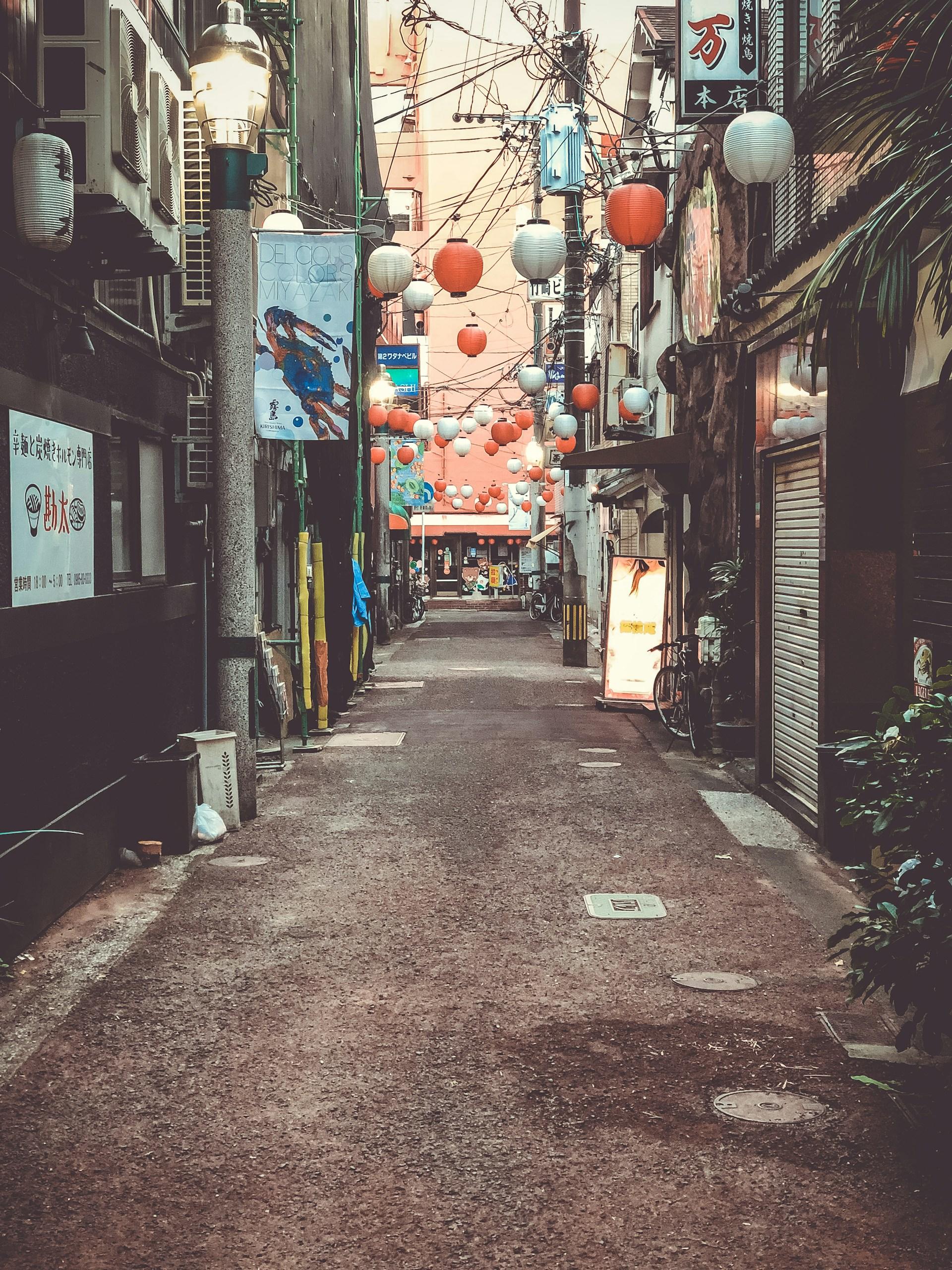
📍Kawasaki in numbers
- area: 143 km2
- total population: 1 420 329
- population density: 11 000 people/km2
⛲ Attractions
- Ikota Ryokuchi Park
- La Cittadella
- Kawasaki Warehouse
- Kawasaki Marien
🏯 Monuments
- Kanayama Shrine
- Takaishi Shrine
- Kawasaki Daishi
- Kotohira Shrine
Kyoto
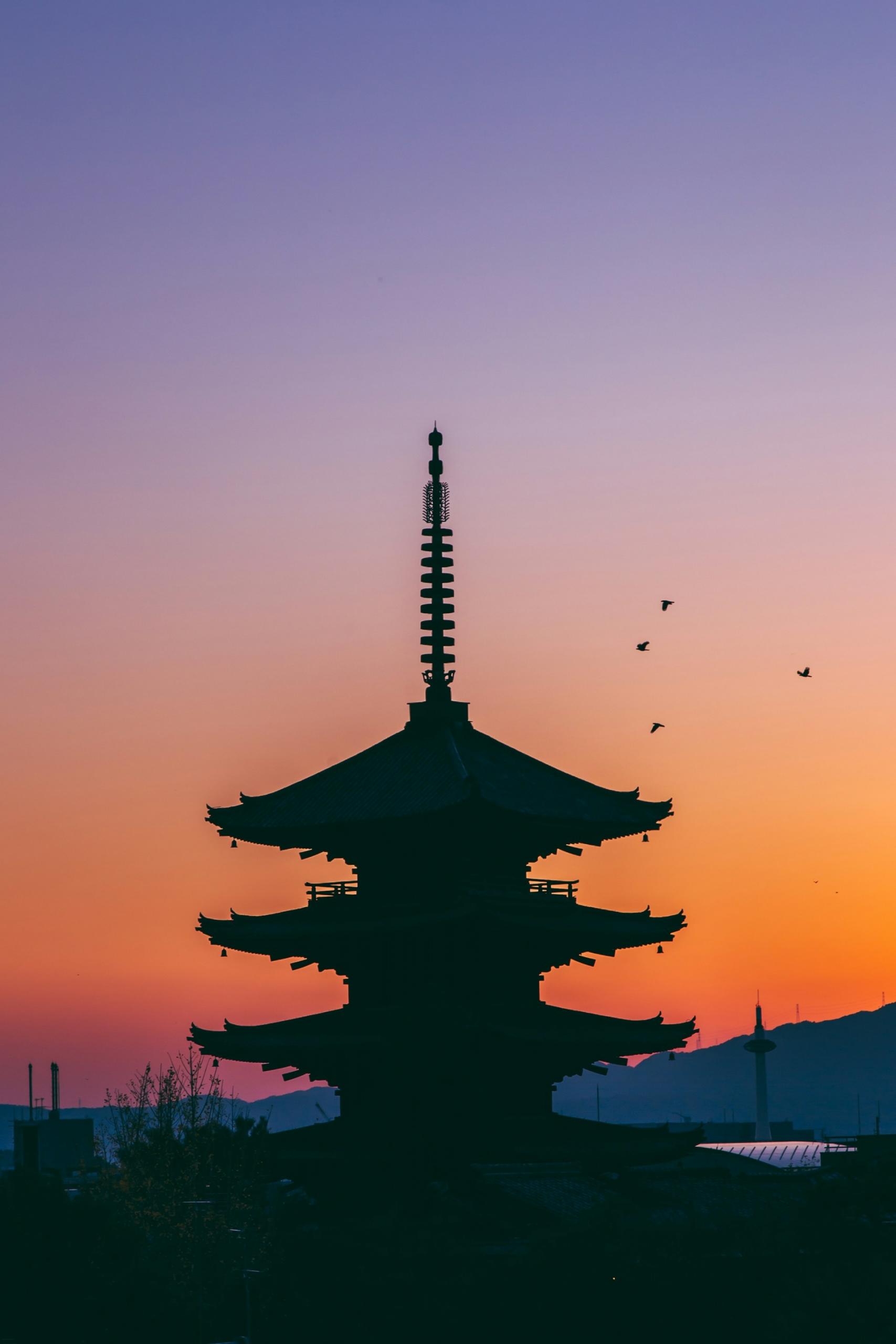
This metropolis is the last of the Osaka-Kobe-Kyoto trio forming the Kansai region. It has a lot of World Heritage Sites, including temples, shrines, and where the climate-saving Kyoto Protocol was signed. After touring all the sites, stroll through one of this city's many green spaces.
📍Kyoto in numbers
- area: 827.83 km2
- total population: 1 464 890
- population density: 1 800 people/km2
⛲ Attractions
- Pontocho Alley
- Nishiki Market
- Katsura Imperial Villa
- Gekkeikan Okura Sake Museum
🏯 Monuments
- Gion Shrine
- Rise Shower Monument
- Hokokubyo
- Fushimi Inari Shrine
Saitama
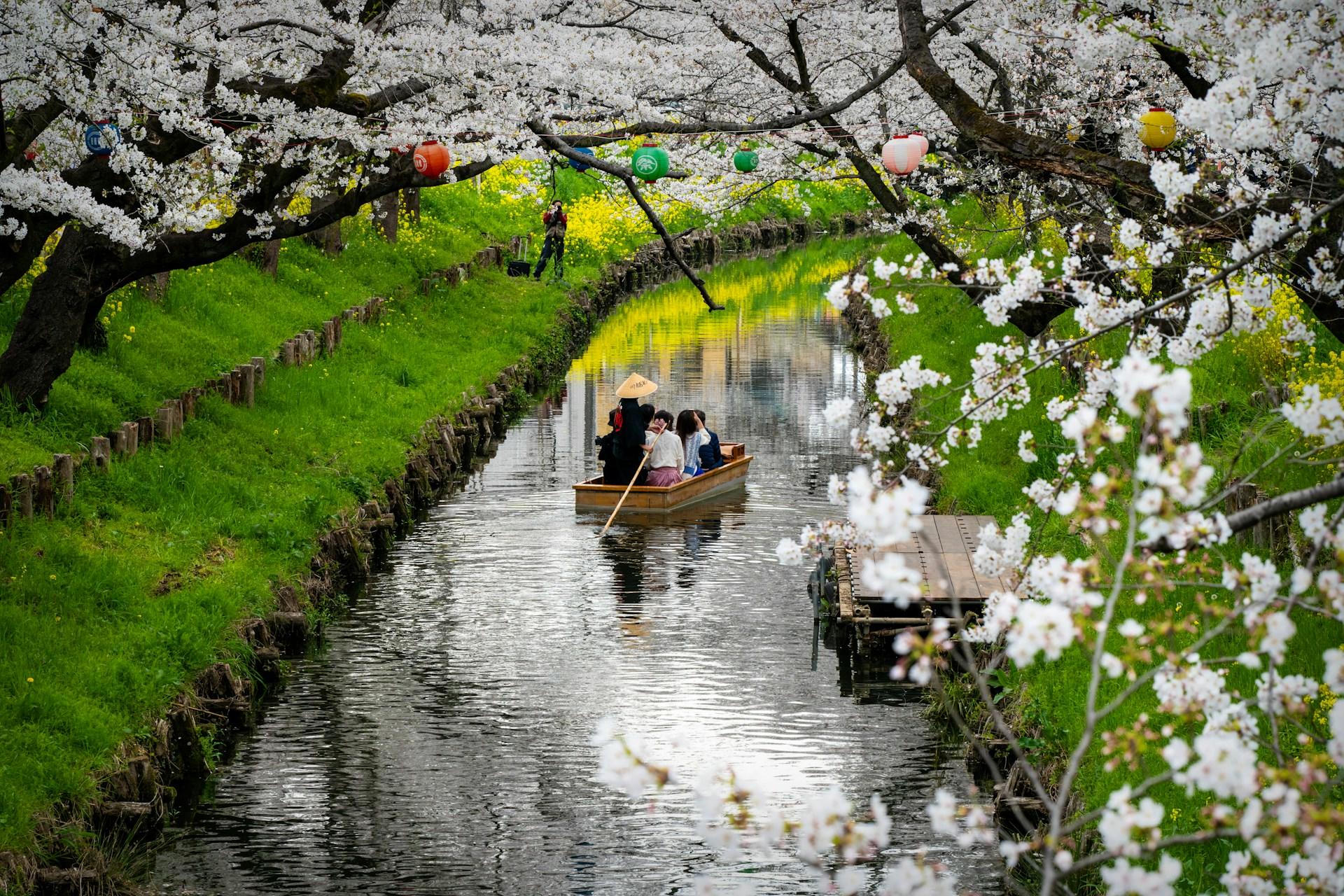
Of all the major cities in Japan, Saitama may be the youngest. It's not far from Tokyo, so it makes a nice day trip. When you go, don't miss the Omiya Bonsai Village, which includes a bonsai art installation. While you're there, visit the Hikawa Shrine.
📍Saitama in numbers
- area: 217.43 km2
- total population: 1 220 710
- population density: 5 988 people/km2
⛲ Attractions
- Ikazuchi stable
- Minuma Rice Paddies
- Railway Museum
- Minuma Tsūsen-bori
🏯 Monuments
- Battleship Musashi Monument
- Nanpo Shrine
- Shimizu Seiano Monument
Hiroshima
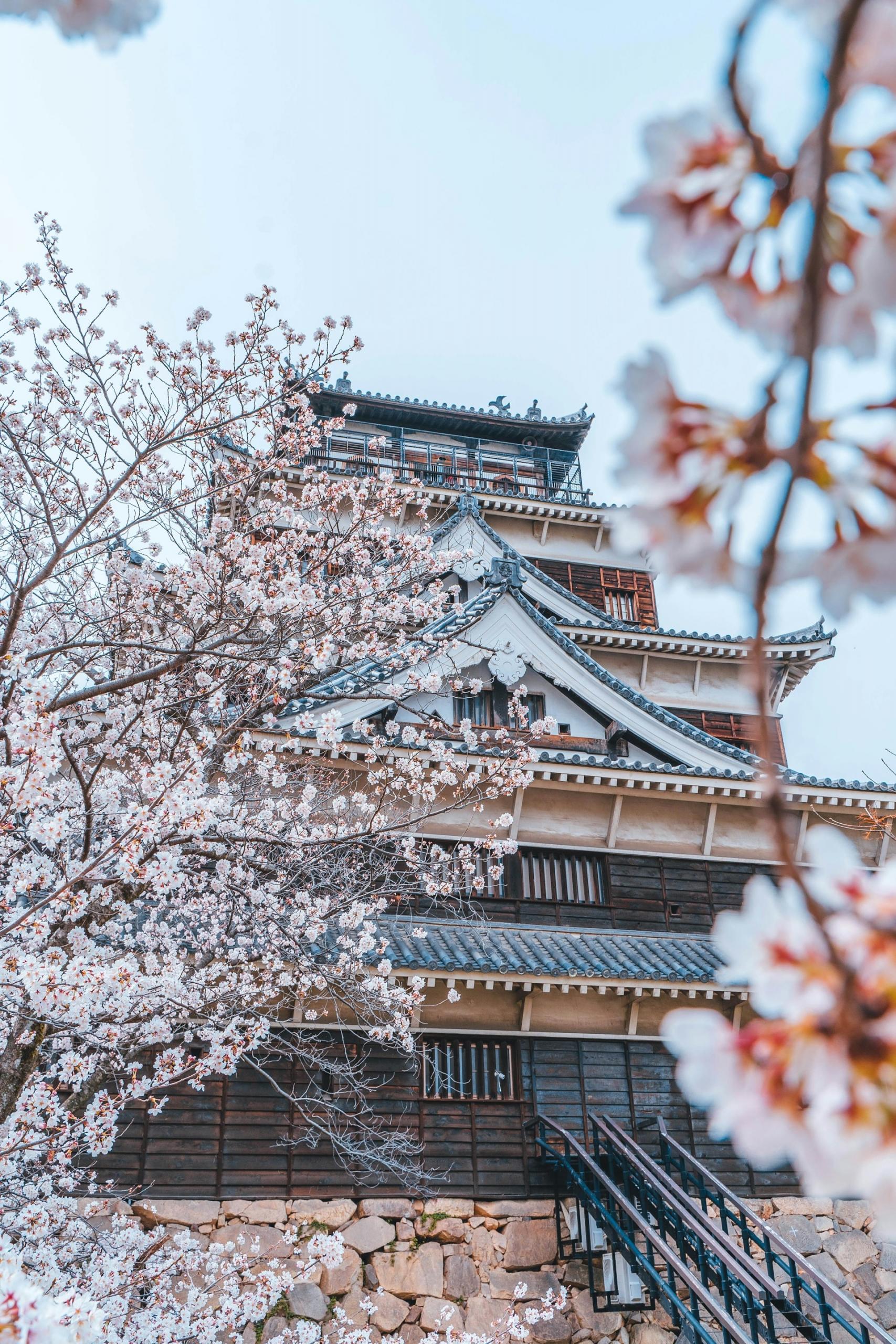
Hiroshima is one of the most popular cities in Japan to visit. It started as a castle town on the Ōta River, transforming into one of the most important cities in Japan after the Meiji Restoration. Today, Hiroshima welcomes tourists from around the world.
📍Hiroshima numbers
- area: 906.68 km2
- total population: 1 181 057
- population density: 1 300 people/km2
⛲ Attractions
- Miyajima
- Hiroshima Castle
- Shukkei-en
- Hondōri Arcade
🏯 Monuments
- Hiroshima Peace Park
- Mitaki-dera Temple
- Hiroshima Gokoku Temple
Sendai
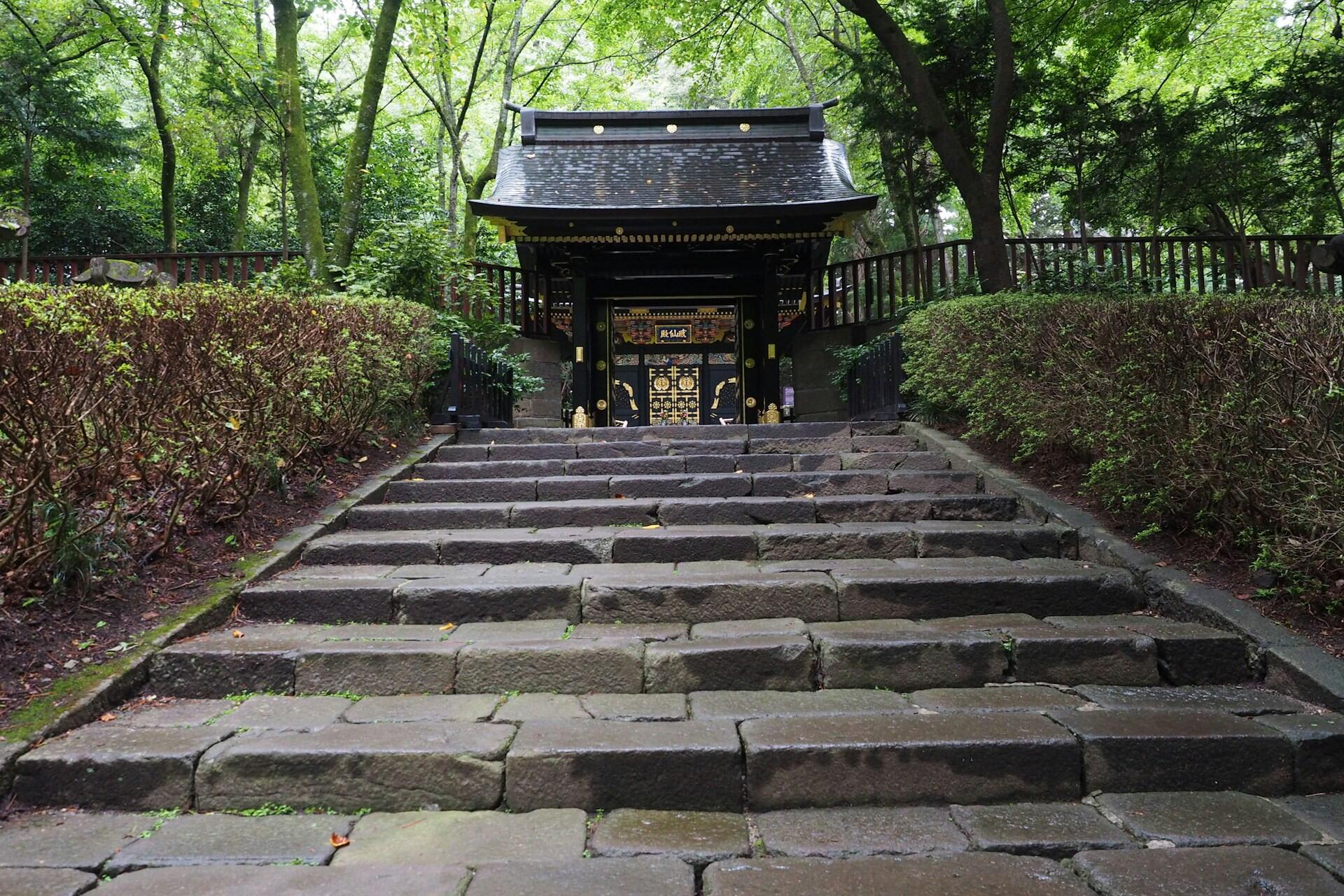
In our opinion, Sendai ranks among the prettiest Japanese cities, especially in the winter. Then, its famous zelkova trees are covered in lights, for the Pageant of Starlight event. Learn all about applying for a visa to Japan so you can see the lights for yourself.
📍Sendai in numbers
- area: 786 km2
- total population: 1 020 063
- population density: 1 400 people/km2
⛲Attractions
- Sendai Castle
- Zuihōden Complex
- Ōsaki Hachiman-gū
- Akiu Great Falls
🏯Monuments
- Sendai Peace Pagoda
- Sendai Daikannon
- Osaki Hachiman-gu Shrine
- Zuihoden
Chiba
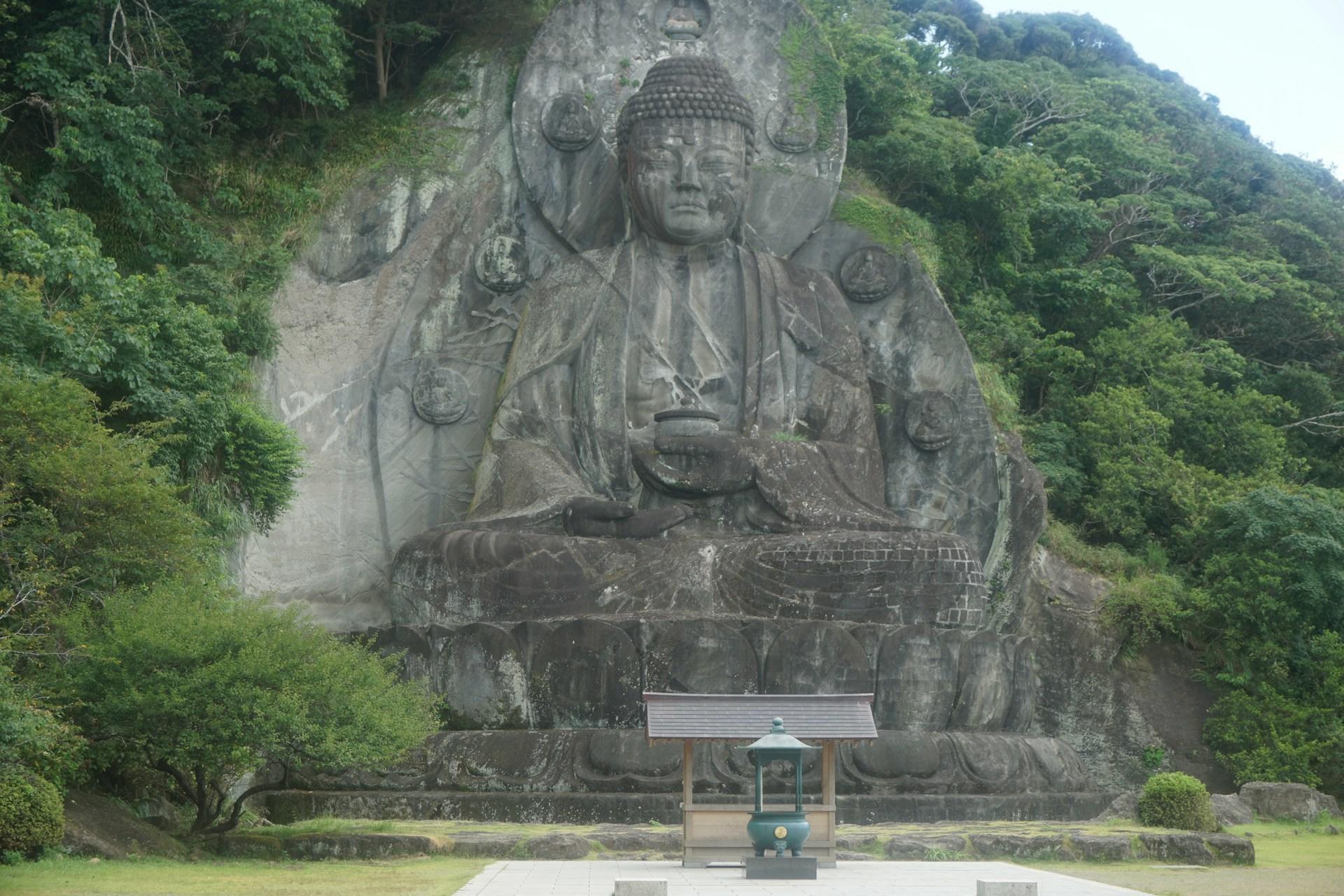
Chiba is one of the most important port cities of Japan. It's famous for having the world's longest monorail, as well as having the largest shell mound in the world. In Chiba, you can play on Japan's first-ever artificial beach, and visit shrines and temples.
📍Chiba in numbers
- area: 272 km2
- total population: 960 566
- population density: 3 600 people/km2
⛲ Attractions
- Nomizu no taki Waterfall
- Mother Farm
- Narita Omotesando
- Sawara
🏯 Monuments
- Tsuki no sabaku Statue
- Kagunzuka
- Chiekosho Monument
- Ino Tadataka Statue
Kitakyushu
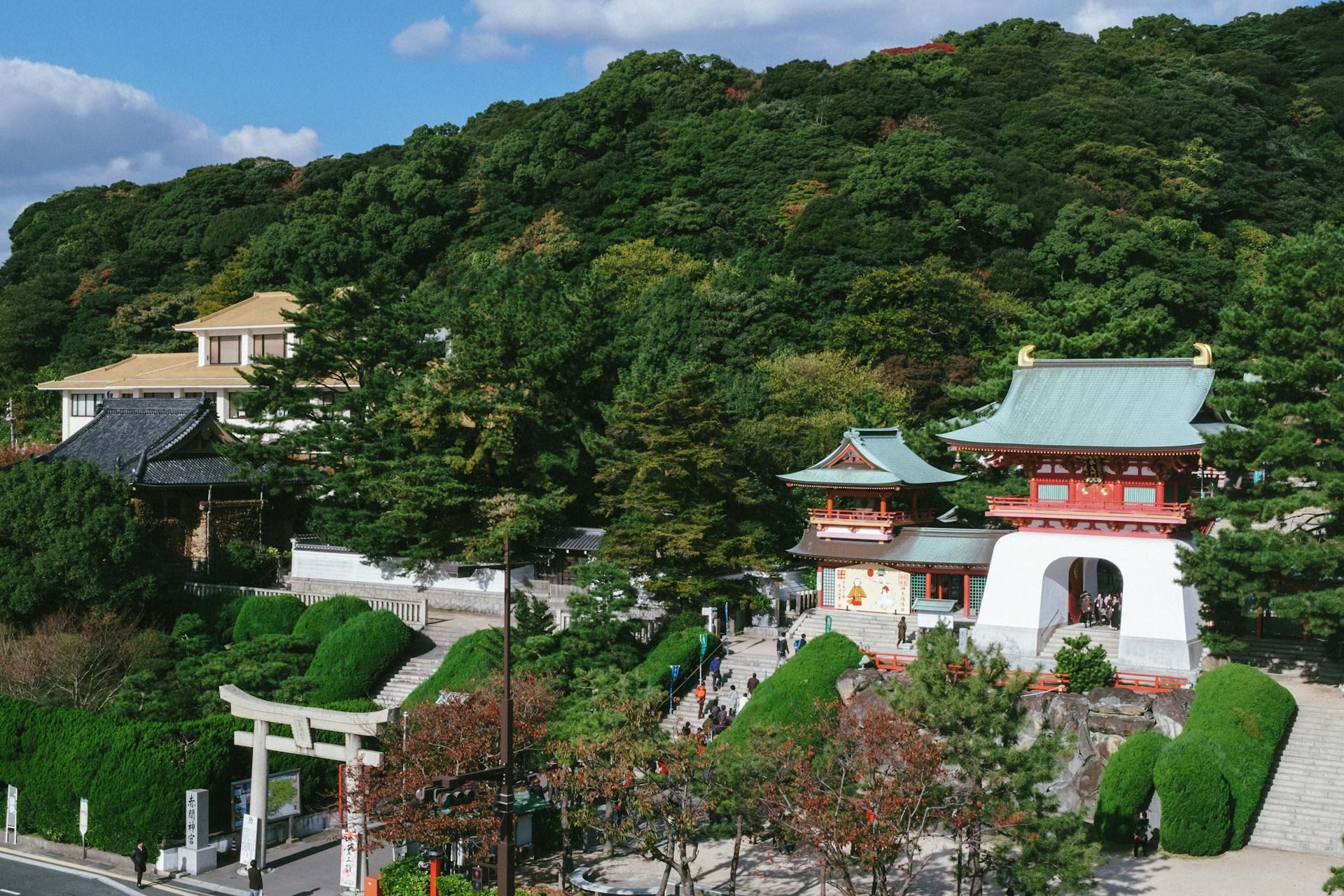
The Japanese government organised Kitakyushu by merging parts of other cities together. Kokura, an ancient castle town, forms its centre. Like many Japanese cities, you'll find temples and shrines to tour here. The city hosts many festivals, and is home to many musicians, actors, and athletes.
📍Kitakyushu numbers
- area: 492 km2
- total population: 981 129
- population density: 1 900 people/km2
⛲ Attractions
- Hiraodai
- Mount Sarakura
- Kawachi Wisteria Garden
- Green Park Flea Market
🏯 Monuments
- Mojiko Retro
- Kokura Castle
- Mekari Shrine
- Yasaka Shrine
How many cities are in Japan? This list presents 14 famous Japanese cities. Before you visit them, you should take a Japanese course, so you can say basic words in the native language.
Summarise with AI:
















